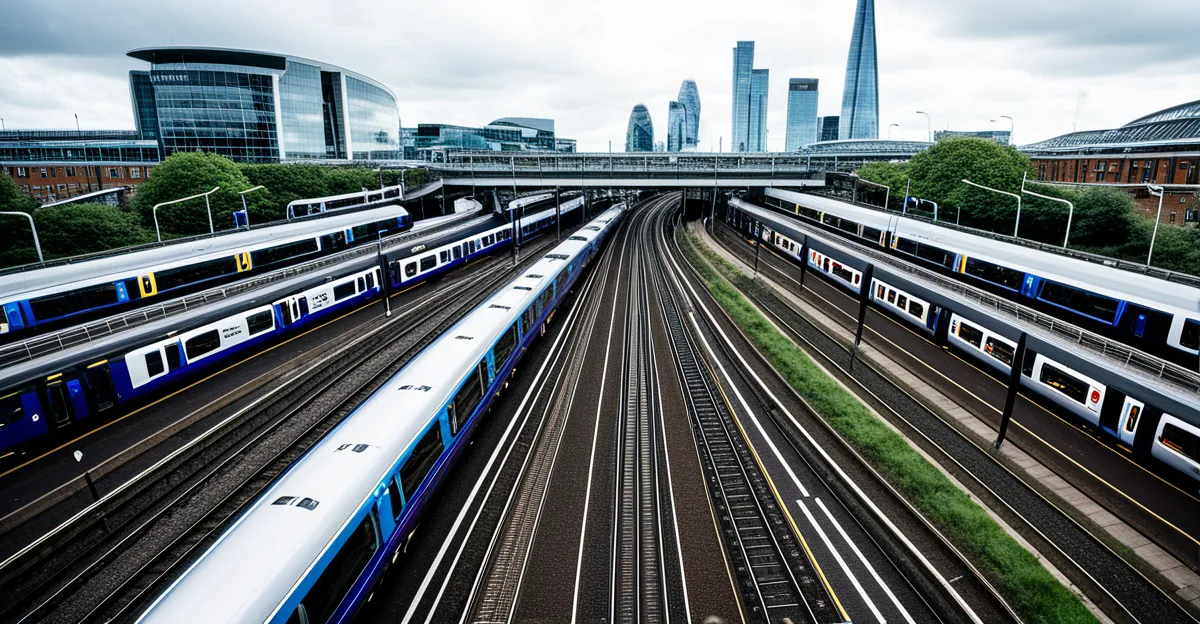Technological Advancements Set to Transform UK Transportation
The future of UK transportation hinges on rapid developments in several cutting-edge areas. Autonomous vehicles, for instance, are at the forefront of transport innovation, promising greater safety and efficiency on roads by reducing human error. These self-driving cars are being tested in various pilot programs throughout the UK, offering insights into their real-world capabilities.
Smart infrastructure also plays a critical role. Technologies such as sensor networks, connected traffic lights, and intelligent roadways enable dynamic traffic management, minimizing congestion and enhancing safety. These advancements integrate seamlessly with digital platforms, allowing for real-time monitoring and control.
Also read : How Can UK Technology Drive a Sustainable Future?
Electric transport continues to expand, with emphasis on reducing carbon emissions through widespread adoption of electric cars, buses, and commercial fleets. Charging infrastructure is evolving as well, supporting quicker and more accessible replenishment of electric vehicles.
Artificial intelligence and digital solutions underpin these systems, optimizing routes, predicting maintenance needs, and managing resources efficiently. Early adoption of these technologies in the UK proves crucial for understanding their impact and refining implementation strategies. As transport innovation progresses, these technologies collectively shape a smarter, cleaner, and more integrated transport ecosystem across the country.
Also to discover : What Innovations Are Emerging in the UK’s Fintech Sector?
Impact on Urban Mobility and Public Transit
Unlocking smarter, seamless travel experiences
Urban mobility in the UK is rapidly evolving through innovative use of public transport technology. One major advancement is the widespread deployment of digital ticketing UK systems. These systems allow passengers to use contactless payments or smartphone apps to buy and validate tickets conveniently, reducing queuing and paper waste. Digital ticketing also enables integrated mobility platforms, which combine various transport modes into a single, user-friendly interface, making trip planning and payment seamless.
Cities like London and Manchester have started trialling autonomous and electric buses to enhance efficiency and sustainability. These vehicles reduce emissions and improve route flexibility while offering a quieter, smoother ride. Autonomous bus technologies are tested carefully under controlled conditions to ensure safety and reliability before wider adoption.
Improving the passenger experience extends beyond vehicles. Real-time updates via mobile apps provide accurate bus and train arrival times, while onboard wifi and accessibility features cater to diverse rider needs. This integration of technology fosters operational efficiency and encourages more people to choose public transit, positively influencing urban mobility landscapes across the UK.

Comments are closed